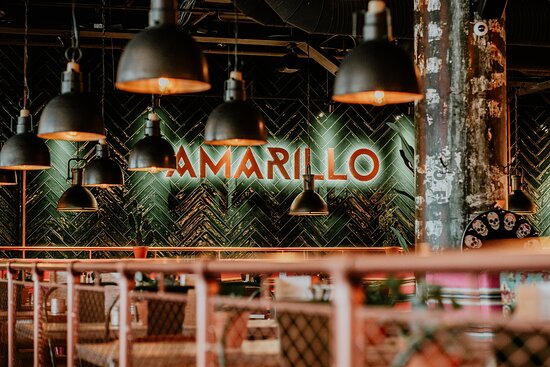North Karelia
WELCOME TO North Karelia
Region Overview
Joensuu
20,840 km2
161,000
Finnish
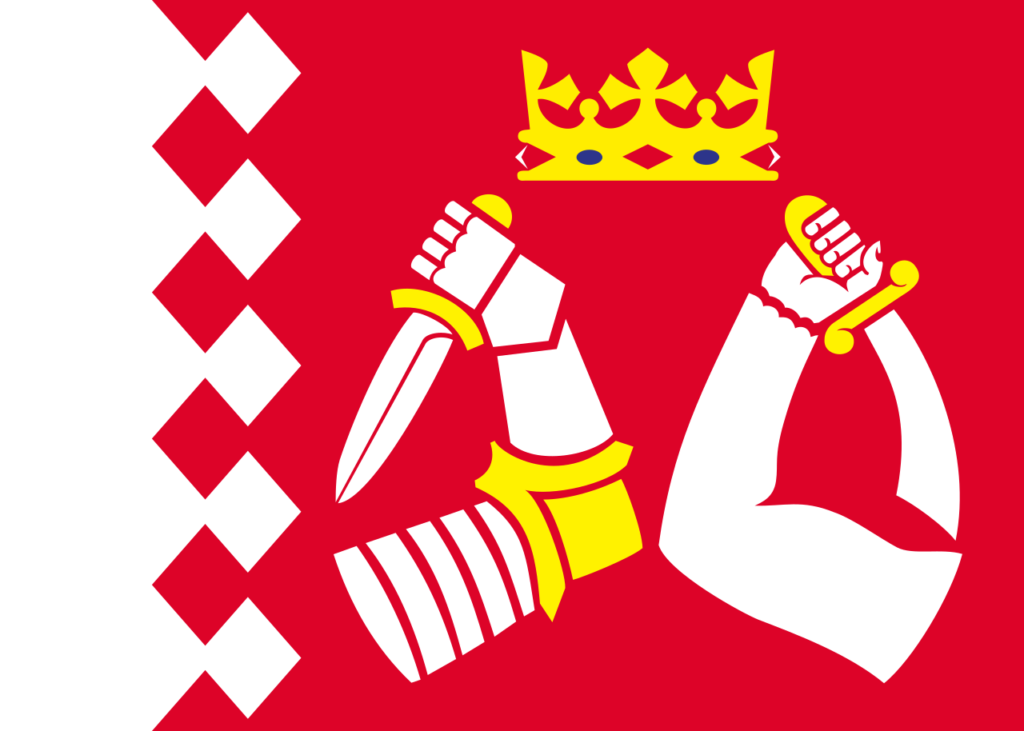
Popular
Geography and Tourist Attractions
Information about the province's tourist attractions, including popular destinations, events, and activities.

Koli National Park
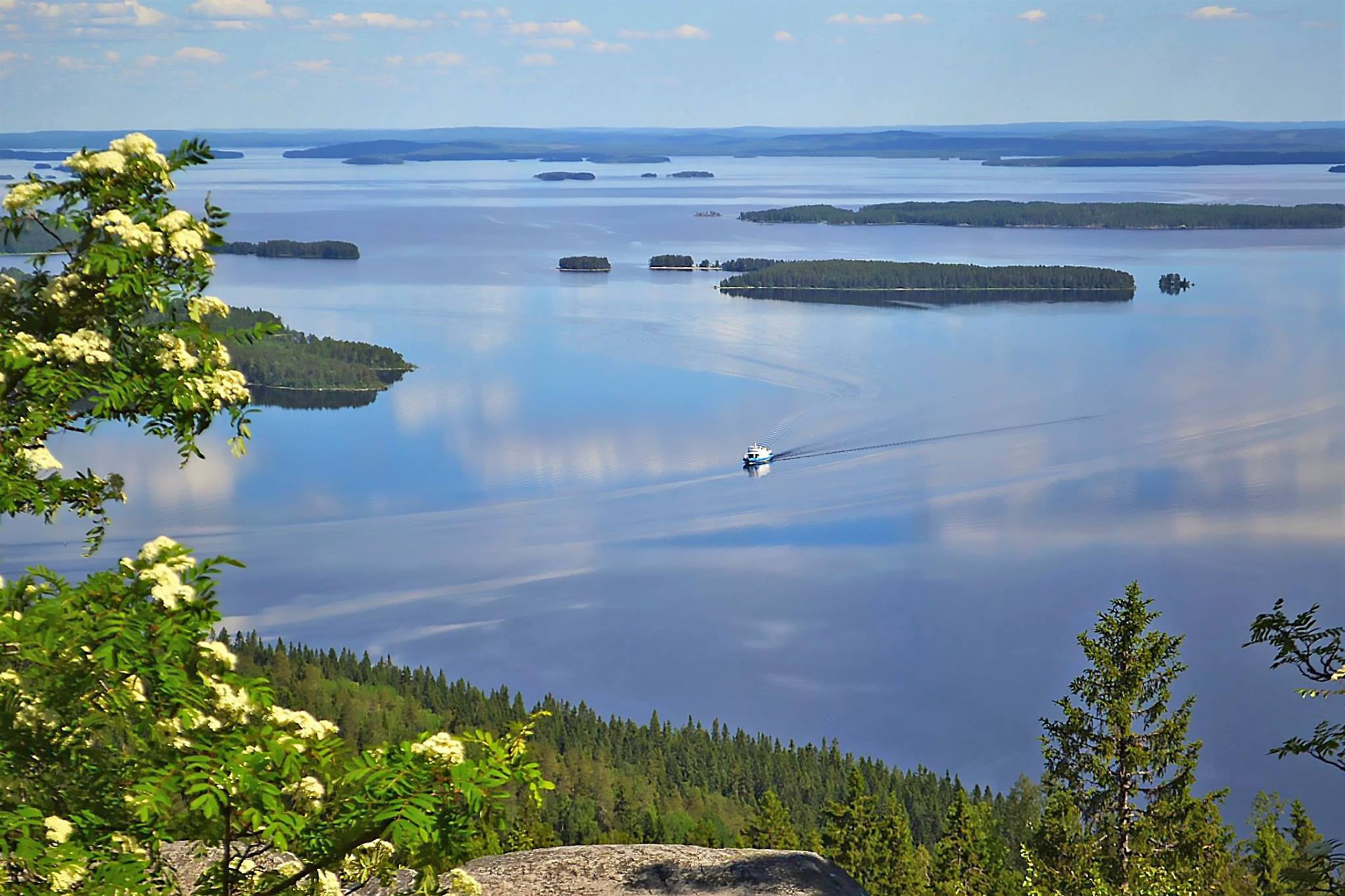
Pielinen Lake
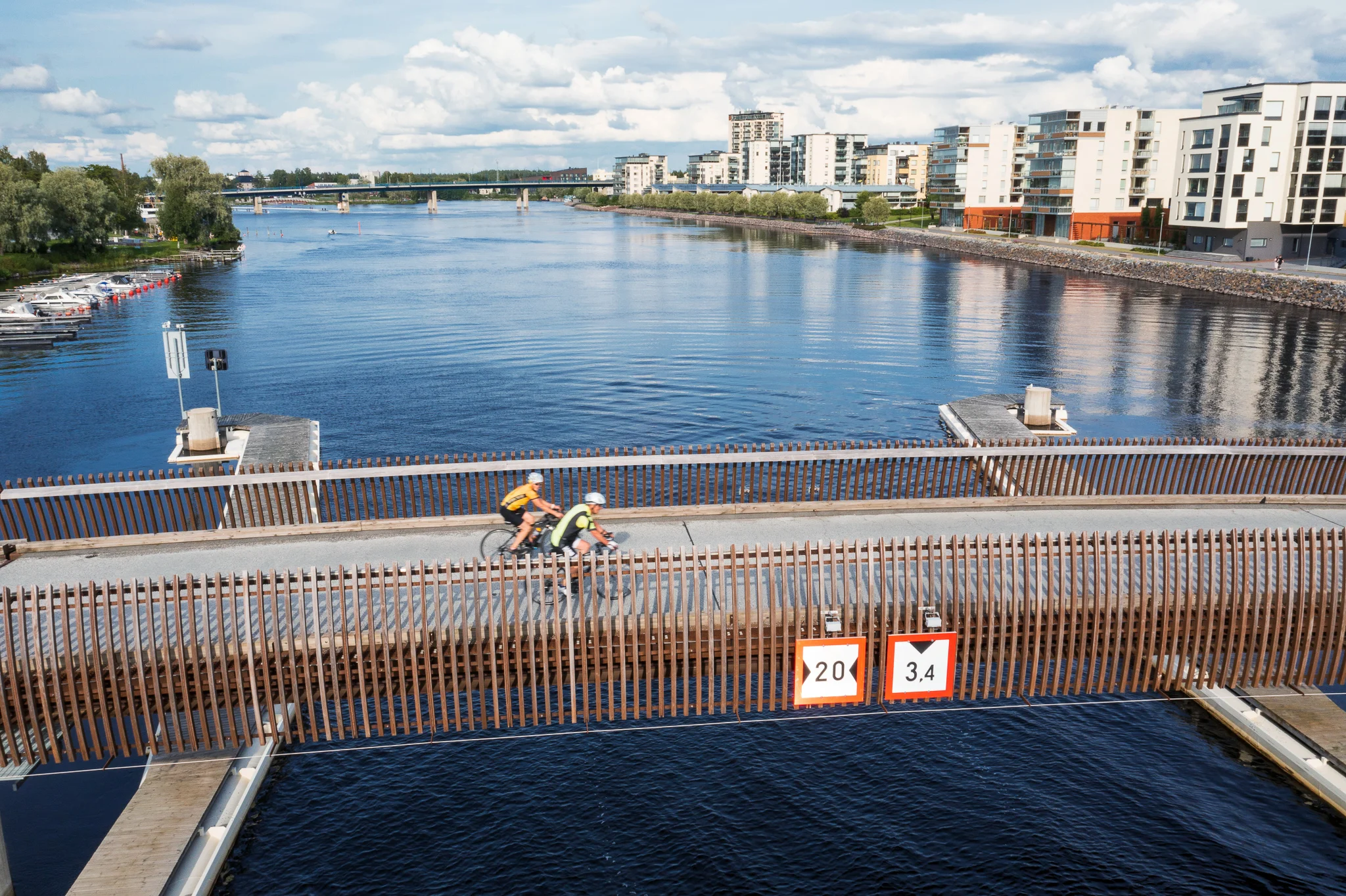
Joensuu city
Political
Economy and Government
The economy of North Karelia is largely based on natural resources, including forestry, mining, and agriculture. The region is also home to several universities and research institutes, which contribute to the development of new technologies and innovation. Additionally, the tourism industry plays a significant role in the economy of North Karelia, with visitors drawn to the region's natural beauty and cultural attractions.
The government of North Karelia is responsible for managing the region's social and economic development, as well as ensuring the well-being of its citizens. The region has its own elected council, which is responsible for setting policies and making decisions on behalf of the local community. The council works closely with the Finnish government to ensure that the region's needs are met and that it has access to the resources necessary for growth and development.
Overall, North Karelia is a region that values sustainability and environmental responsibility, and the government works to promote these values in all aspects of the local economy. The region's focus on natural resources and innovation, combined with its commitment to social well-being and environmental responsibility, make it an attractive place to live, work, and visit.
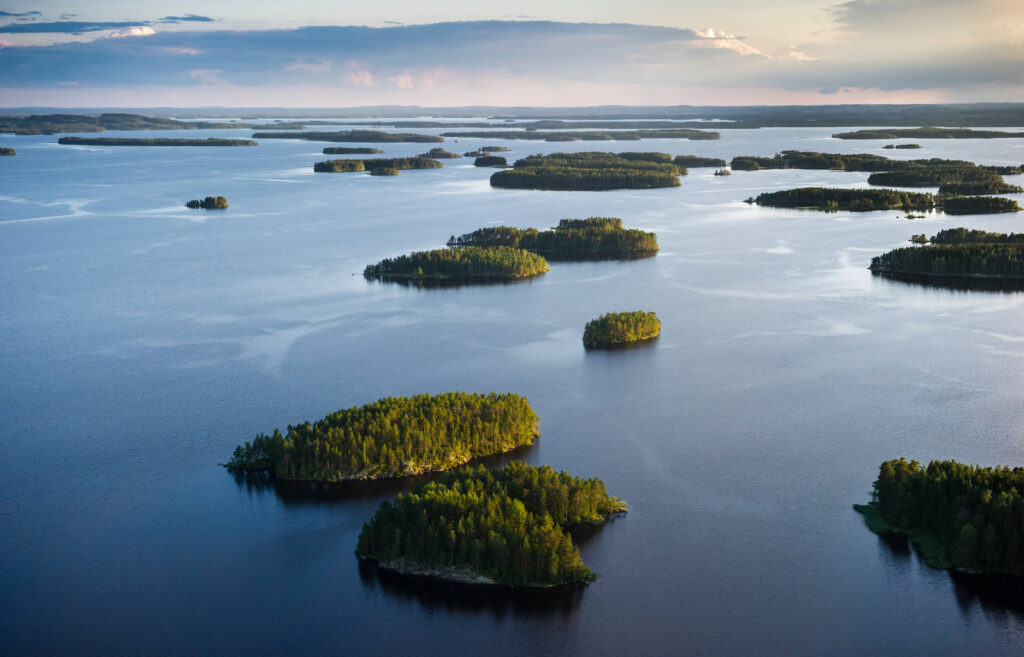
History
History and Culture
North Karelia is a region located in eastern Finland, bordering Russia to the east. The region is known for its rich history and unique culture, which has been shaped by its location and the various groups of people who have inhabited the area over the centuries.
One of the most notable periods in North Karelia's history was the Karelian period, which lasted from the 13th century until the region was ceded to Russia in the 18th century. During this time, the region was part of the larger Karelian culture, which included parts of modern-day Finland, Russia, and even parts of Sweden and Norway.
Today, North Karelia is home to a vibrant Finnish culture, with a strong emphasis on nature and the outdoors. The region's many lakes and forests offer ample opportunities for hiking, fishing, and other outdoor activities. The region is also known for its traditional music and dance, with many local festivals and events showcasing the area's unique cultural heritage.
Overall, North Karelia is a fascinating region with a rich history and vibrant culture that is well worth exploring for anyone interested in Finnish culture and history.
HOTELS

Break Sokos Hotel Koli
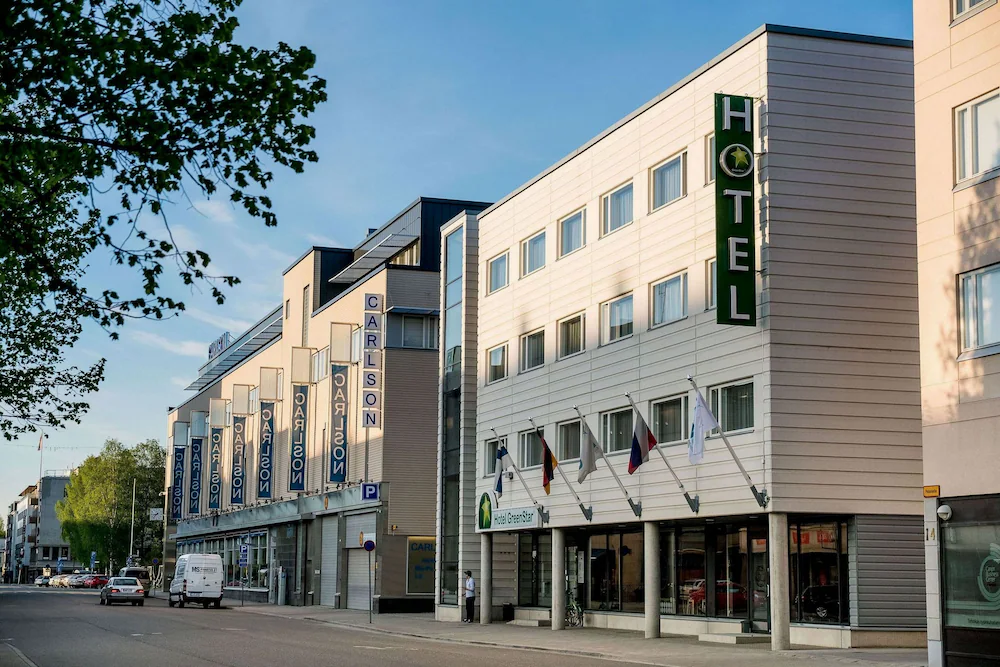
Hotel GreenStar
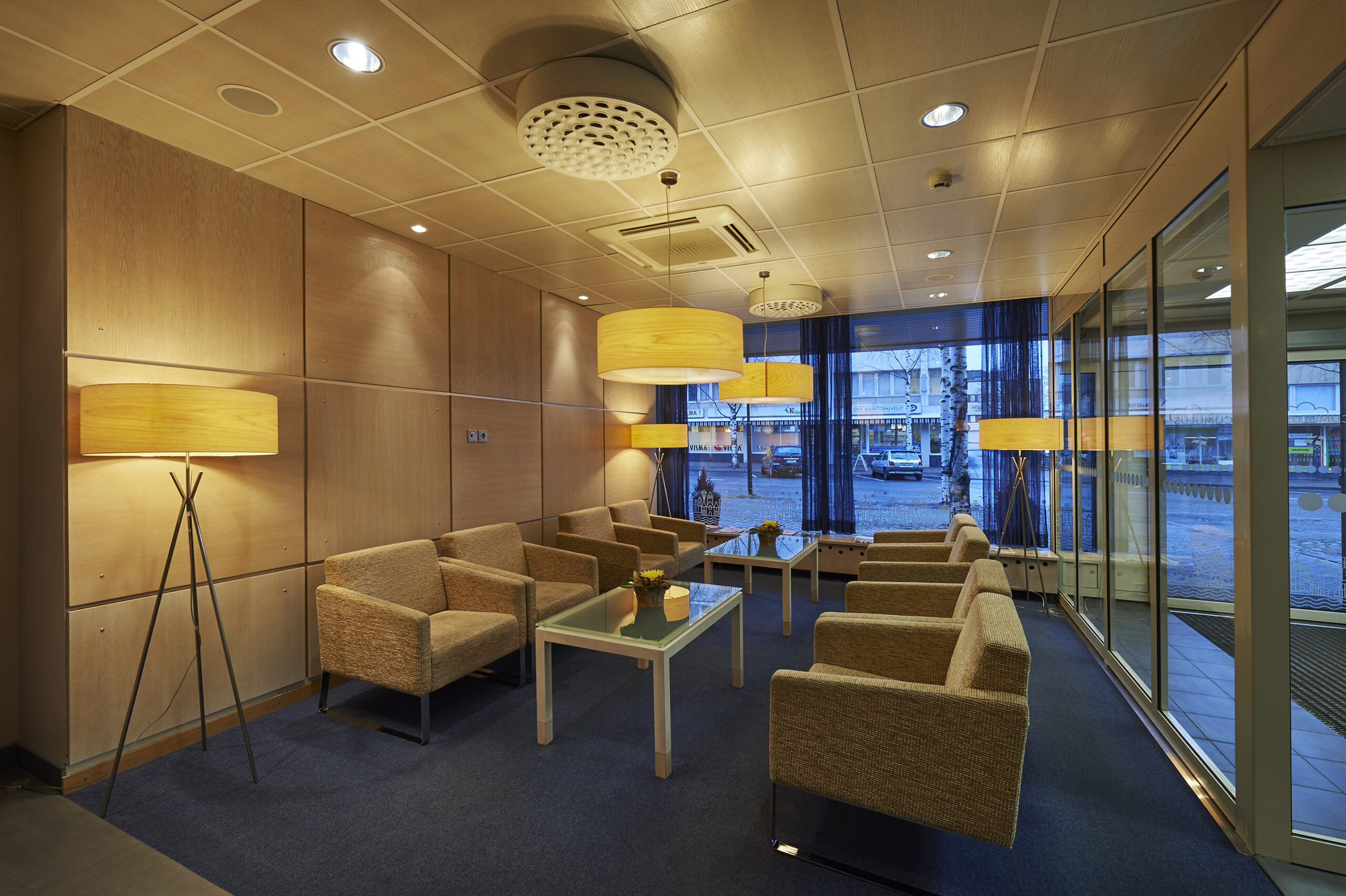
Scandic Oscar
RESTAURANTS
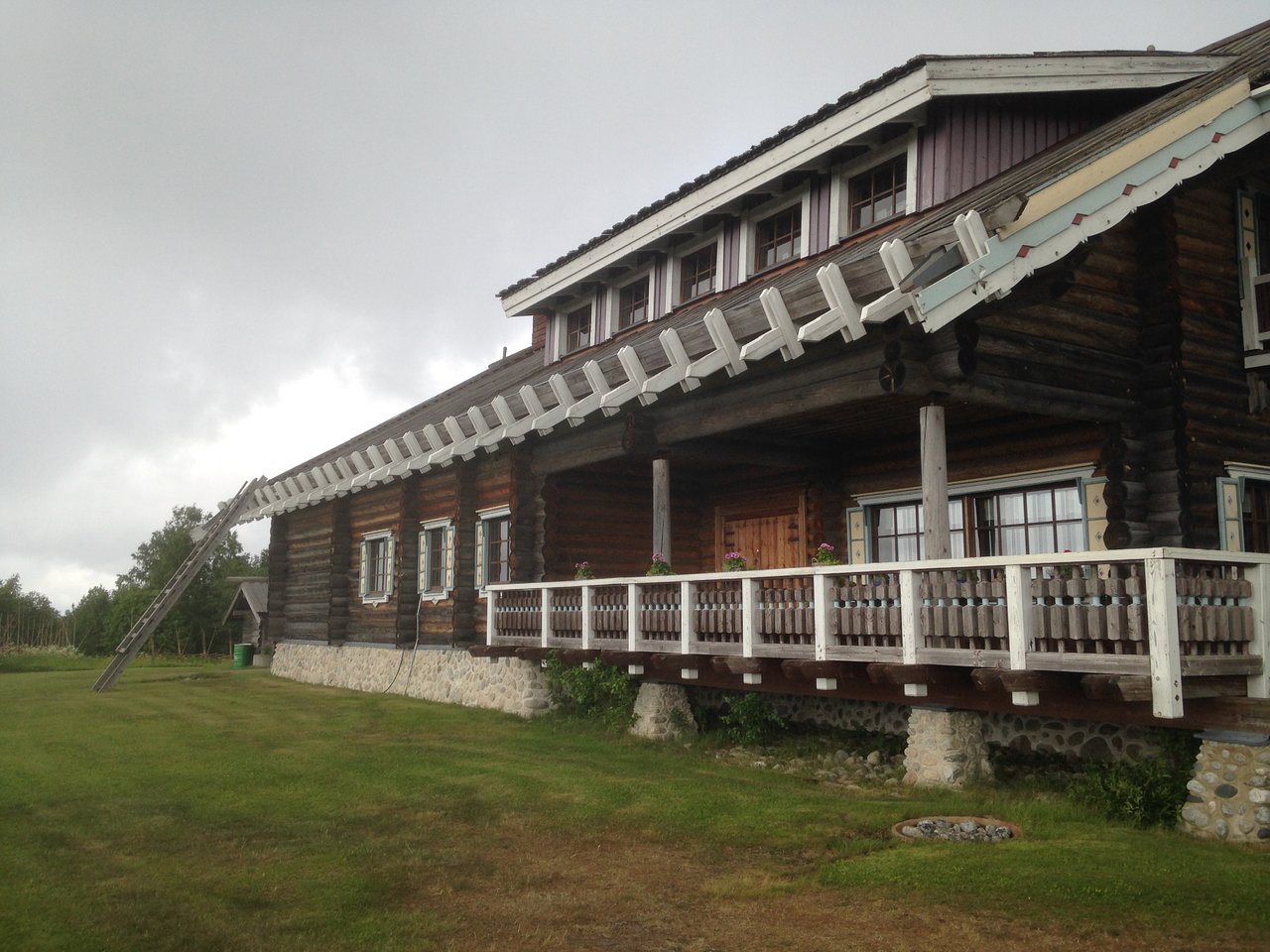
Ravintola Parppeinpirtti
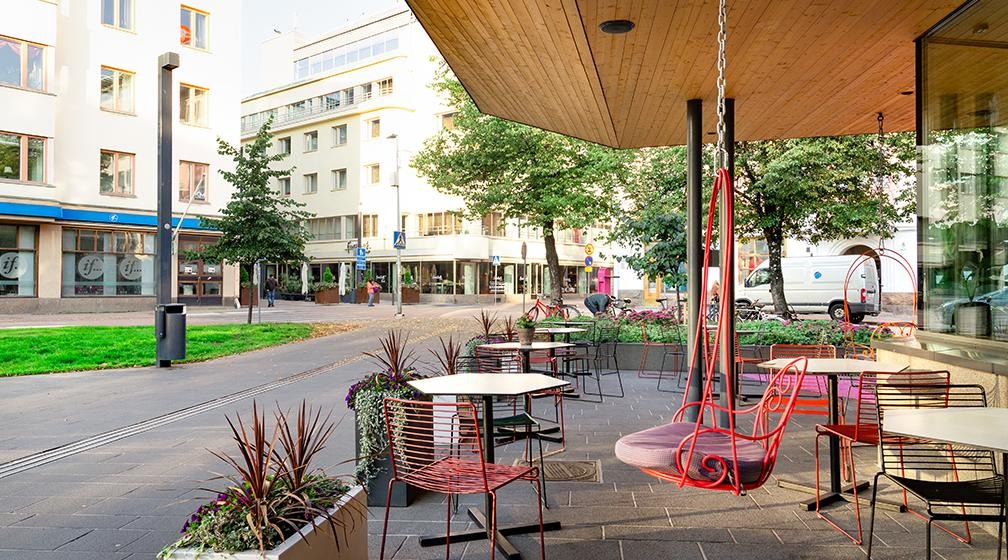
Puistokahvila Makia
